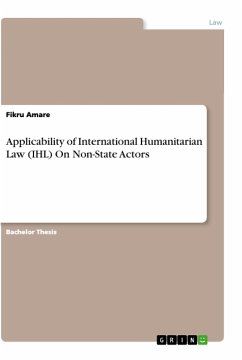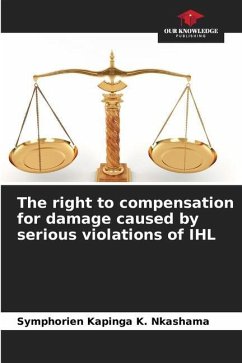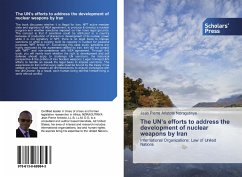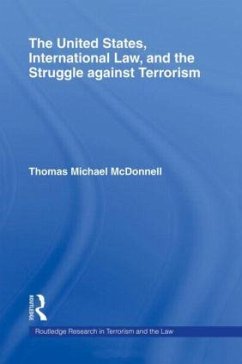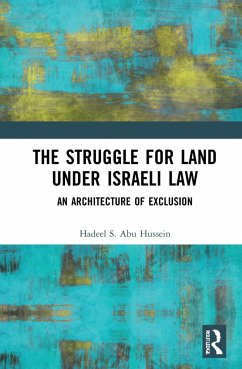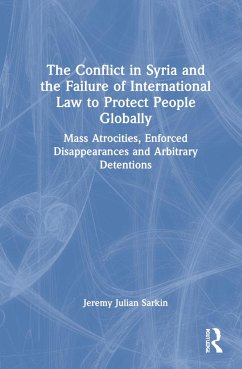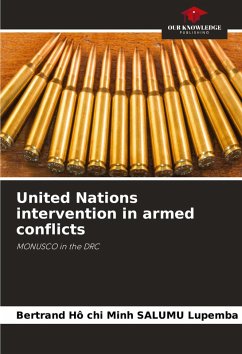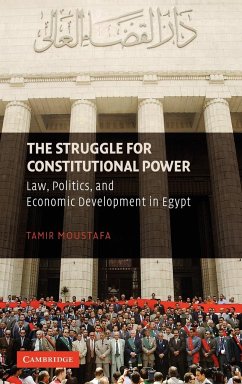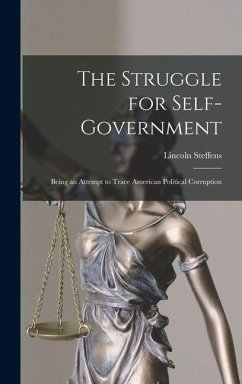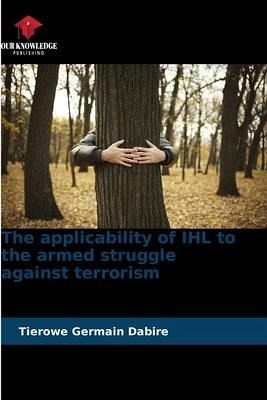
The applicability of IHL to the armed struggle against terrorism
Versandkostenfrei!
Versandfertig in 6-10 Tagen
25,99 €
inkl. MwSt.

PAYBACK Punkte
13 °P sammeln!
Today, with the advent of the international war on terrorism, all international law seems to be in the process of being disfigured. Indeed, since September 11, 2001, international law as a whole seems to have been struck by a stupor and a relative inability to qualify certain phenomena, notably the armed struggle against terrorism. Faced with this silence, which seems to revive the "era of nominalism", we have quickly witnessed amalgams. Indeed, while some advocate an extension of international humanitarian law (IHL) to the armed struggle against terrorism, others, on the other hand, show a ce...
Today, with the advent of the international war on terrorism, all international law seems to be in the process of being disfigured. Indeed, since September 11, 2001, international law as a whole seems to have been struck by a stupor and a relative inability to qualify certain phenomena, notably the armed struggle against terrorism. Faced with this silence, which seems to revive the "era of nominalism", we have quickly witnessed amalgams. Indeed, while some advocate an extension of international humanitarian law (IHL) to the armed struggle against terrorism, others, on the other hand, show a certain resistance. In this climate of contradiction, the determination of the legal regime of the armed struggle against terrorism has become the object of a doctrinal struggle and often even of a judicial duel, thus underlining the difficulty of defining its contours. In the face of this movement, which gives the impression that one is navigating at a loss, the need to clarify the legal regime of the armed struggle against terrorism, its relationship with general international law and, above all, with international humanitarian law, is essential. This is the vision of the present reflection.



